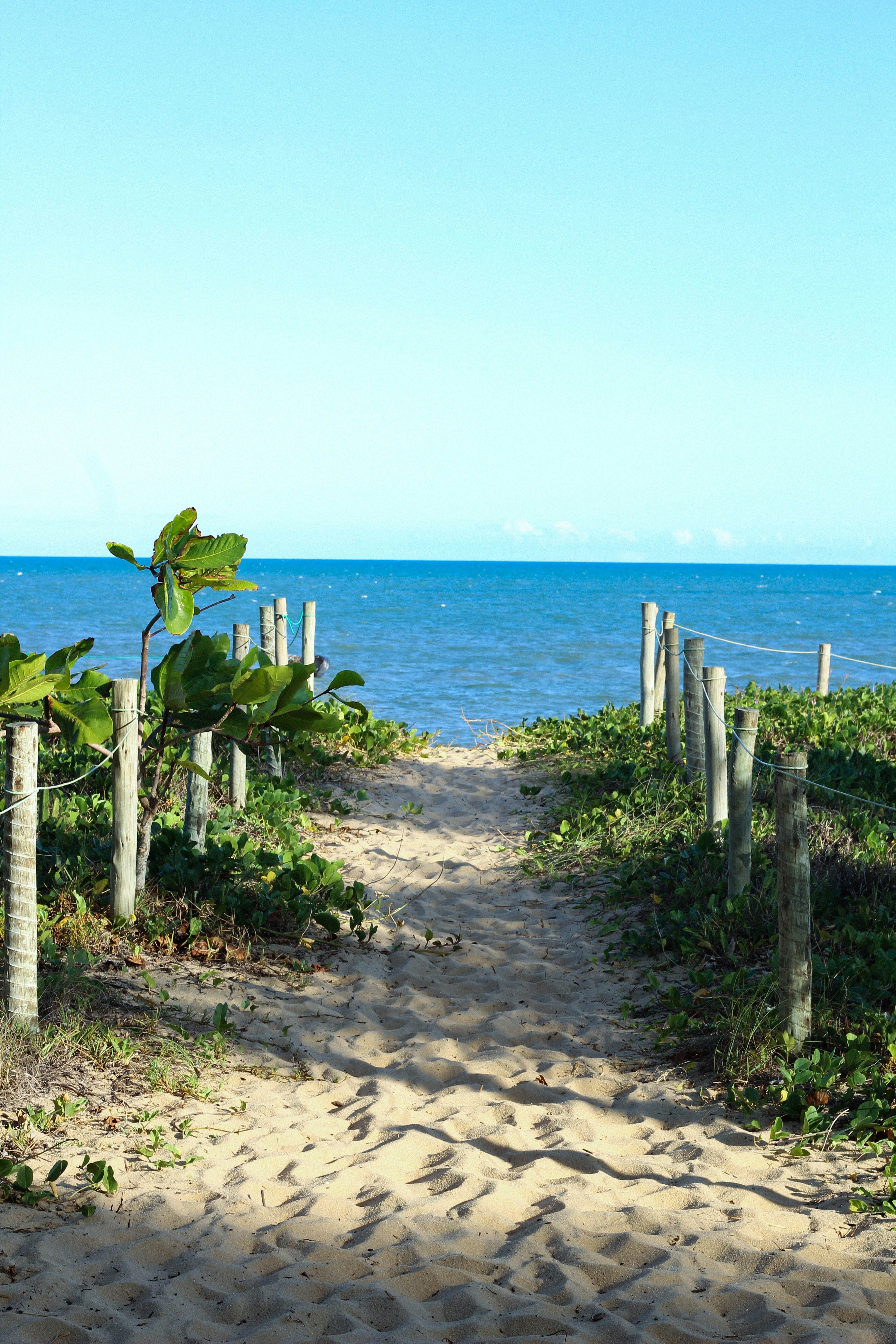Suggestions for using illicit funds to rescue Argentina's economy - Illegally obtained funds could potentially provide a financial lifeline for Argentina
Argentina's Struggling Economy: The Impact of Javier Milei's Plan to Legalize 'Black Money'
In a bid to revitalize Argentina's faltering economy, President Javier Milei has proposed a controversial policy aimed at legalizing and integrating billions of dollars in undeclared U.S. currency into the country's official economy. The plan, which involves relaxing capital controls, abolishing many tax reporting requirements, and allowing individuals unrestricted use of dollars, is intended to increase liquidity, stimulate economic activity, and boost international currency reserves.
Argentines have historically mistrusted banks and the local currency due to inflation and economic instability, leading many to hold large amounts of cash dollars. This "black money" has traditionally been exchanged on the black market, but Milei's policy aims to erode the black market's role by making dollar transactions legal and accessible.
The policy seeks to increase transparency and inject billions of dollars into the official economy, providing much-needed liquidity for businesses and consumers. The government argues this will accelerate economic growth, making it more sustainable, and restore trust in the financial system by assuring savers that their dollars are truly theirs.
Critics may argue that lax oversight could allow illicit funds to flow unchecked, but the government maintains the priority is economic reactivation rather than tax collection. The long-term impact on financial stability and international relations is yet to be fully assessed.
Inflation, driven by the precarious state of the peso, has significantly affected the cost of living in Argentina. Many Argentines cannot afford basic essentials like meat, with beef prices soaring due to inflation. Milei's policy, if successful, could potentially reduce inflation by increasing the supply of dollars and reducing reliance on the peso. However, the impact on prices overall depends on how the increased dollar liquidity interacts with demand for goods and services.
With widespread mistrust in the banking system, many Argentines have resorted to using the black market for currency exchange. By making dollar use legal and less restricted, Milei's policy could potentially shrink the black market and make transactions more transparent.
Argentina currently has the highest inflation rate in the world, behind Zimbabwe. The government accepts a devaluation of the national currency to replace it with the dollar, a strategy typically used by countries that have lost control of their currency to create stability. However, Argentina lacks the necessary prerequisites, including foreign exchange reserves and a burdensome debt load, to effectively implement this strategy.
- Argentina
- Inflation
- Javier Milei
- Black Market
- Argentine Economy
- The finance minister, in alignment with President Javier Milei's community policy, believes the legalization of 'black money' could reduce Argentina's inflation rates, improving the general-news landscape by increasing trust in the banking system and reducing reliance on the black market for currency exchange.
- As Argentina wrestles with the highest inflation rate in the world, the government's push for freedom of movement of workers, together with Javier Milei's plan to legalize 'black money', aims to enhance the freedom of workers by improving the economy's stability and providing opportunities for legitimate dollar transactions, thereby potentially impacting the crime-and-justice sector by reducing illicit activities.




